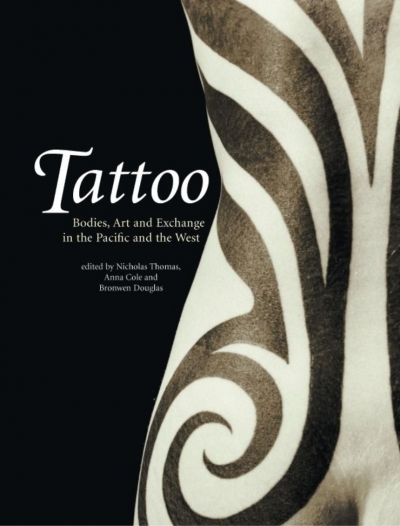Nicholas Thomas’s principal purposes in this study are to show, first, that the peoples of the Pacific were neither incurious about the world beyond their islands, nor lacking in the emotional or imaginative means to apprehend cultures different from their own. Even before the coming of European maritime discoverers, they were accustomed to undertaking lengthy voyages and sometimes migrations from one part of the great ocean to another, practices which they extended when contact with the Europeans gave them the means of doing so. And second, that as a consequence of their travelling and becoming acquainted with other cultures, they altered their outlooks and social and political practices to meet new challenges and take advantage of new opportunities. In justification of these purposes, Thomas stresses the need to get away from older, Eurocentric, historical and ethnographic perspectives; and to understand that the Islanders were people both able and willing to assert themselves and, to some extent at least, to determine their own destinies.
...
(read more)



